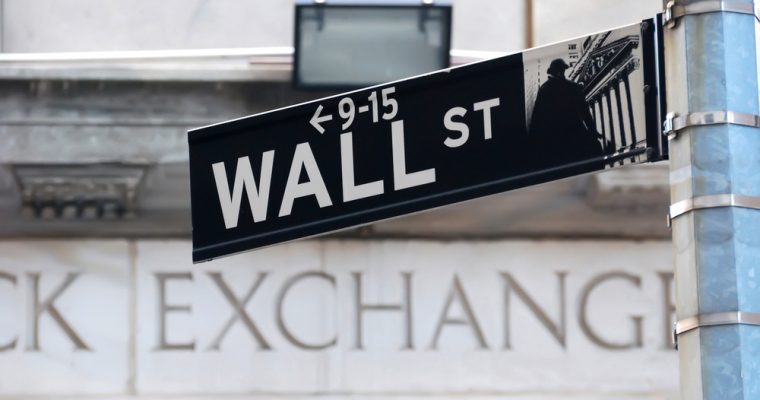
Bart Smith, who was crowned “Wall Street’s Crypto King” by CNBC, is optimistic that institutional investors will start pouring money into the cryptocurrency market once more regulatory clarity is provided.
Smith heads the digital asset group at Pennsylvania-based investment firm Susquehanna International Group, which first experimented with bitcoin trading in 2014.
Since then, the privately-held company has launched a crypto trading desk manned by a dozen traders who buy and sell millions of dollars in bitcoin and other cryptocurrencies every day.
“We have a dedicated team of traders and technologists,” he told CNBC. “We’ve been trading bitcoin primarily, but in 2017 as the marketplace expanded, we expanded the number of coins we were trading and the number of exchanges we were providing liquidity on.”
Smith added: “We are trading on average a couple hundred million dollars a day [on bitcoin futures] across CME and CFE combined that’s not retail.”
More Or Less Regulation Is Not the Issue
Smith says cryptocurrency evangelists shouldn’t focus so much on whether or not there should be regulation, but moreso on the importance of regulatory clarity.
“There’s a big debate going on about whether there should be more or less [crypto] regulation. From our standpoint, it’s really about regulatory clarity,” Smith noted. “There has been a tremendous amount of focus on the SEC and Chairman Clayton’s comments. But it’s really a whole host of other regulatory agencies out there, because the ecosystem expands beyond the traditional financial assets.”
Smith underscored:
[Regulatory] clarity will allow institutions to come in more than anything else because institutions don’t like to invest into uncertainty. So we’re just taking the most conservative approach that we can.”
‘We’ve Been Advocating For a Bitcoin ETF’
Smith said that Susquehanna is bullish on bitcoin ETFs — exchange-traded funds that provide retail investors with exposure to bitcoin’s price movements without custodial risk — because he believes they are an ideal vehicle for investing in virtual currencies.
“We’ve been advocating for an ETF,” he said. “We think it checks lot of the boxes for regulatory concerns, specifically as it relates to retail investors. And it checks a lot of boxes for institutional customers as far as custody and taxation and anti-money laundering and know-your-client [issues].”
Smith said if crypto bulls want to make bitcoin ETFs happen, they must ensure they meet regulatory muster as outlined by SEC chairman Jay Clayton. “Chairman Clayon has made his concerns very clear, and it’s up to us in the ecosystem to address those concerns,” he said.
When asked if there’s a correlation between the stock markets and the crypto space, Smith said he doesn’t think so, despite reports that have shown a correlation between their movements.
“We have not seen much correlation at all between the equity and bitcoin markets,” Smith said. “Trading cryptocurrencies is way more analogous to other asset classes than you might think from a market maker’s perspective, managing risk and the operational sides of it. But as far as the investor demand for it, and what drives bitcoin and other cryptocurrencies, we have yet to find much analogy in the driver of it.”
Smith said that what drives bitcoin prices differs from what moves the equity markets because crypto is not an institutionally-driven marketplace like the S&P 500.
As for bitcoin’s wild price swings, Smith said BTC is trading solidly in the range of $6,000 to $9,000 — at least for now.
Looking ahead, Smith is exceedingly confident in the future of crypto, as CCN has reported. “We believe that this technology and this asset class is going to change some facet of financial services, and we think it is going to exist forever,” he said.
